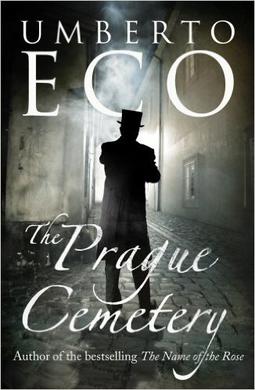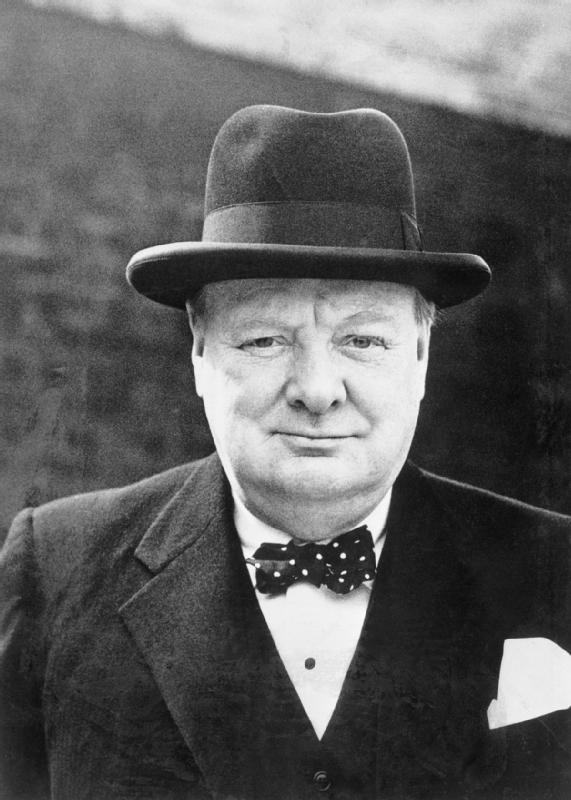 What is the mindset of conspiracy theory brewer? What kind of mental characteristic such a person has ?
What is the mindset of conspiracy theory brewer? What kind of mental characteristic such a person has ?The book reads like a novel, and those who read it „as is” may not even notice (until author afterwords) that it is rather historical book, referring to existing events, describing realy existing people. Almost. There is one exception — the protagonist of the book. It is the only true „fiction character” — and perhaps only for this character we still could call Eco's book „a novel”...
Set in Italy and in Paris, the plot describes true historical events roughly between 1850 and 1898. In Italy we met Garibaldi and learn about plots instigated by Piedmont secret police. In Paris, we witness Franco-Prussian war and the Days of Commune to see how important was the falsification of truth to gain certain political advantages. We learn about the Dreyfus affair and how it was motivated... Eco unfolds the plots about Masons and Jesuits...
And, at the book crescendo, we learn about infamous „The protocols of the learned elders of Zion”...
It was amazing experience going to Wikipedia with all that names, events and places and literally find them all! In that sense, it is true historical account of some of the most important events of XIX century.
On that specific background we observe our hero Simone Simonini. As Eco explains in afterwords, even this character has been built more like a collage of that time personalities than as a fully fictitious character.
To me, this specific construction of the book was designed to uncover the mentality of conspiracy theories creators. Eco's attributes to such people several personality traits, not necesserily all present in the same person. In our Simone Simonini we see the trait of indifference (he would create a forgeries just for money), we see the sheer hate (his deep anti-semitism led him to "protocols" and his part in Dreyfus affair), we see specific gluttony and sybaritism, and above all — we see schizophrenic personality split (during the large part of the story we do not know who is who...).
Despite all these, Eco analyses also the other motivations — as the need to justify specific political agendas, to name the one...
By all these means, Eco opens anew the old discussion, which does not loose relevancy. I still see around me people and their fantastic „stories”. Stories that sometimes are as far from the truth as day from night. Yet people believe in them, spread them, discuss them... In many „echo chambers” of the current horizon of public discourse and on the Web, the creation and spread of such tales is even more prevelant than it was in XIX century... (See e.g. Jew Watch project ...). I was completely shocked to learn the „The protocols of the learned elders of Zion” are still printed and read as „true” in many countries of the Middle East....
Above all that, as it was with all Eco's book — it is fantastic reading experience, and is beautifully illustrated. Strongly recommend...
















